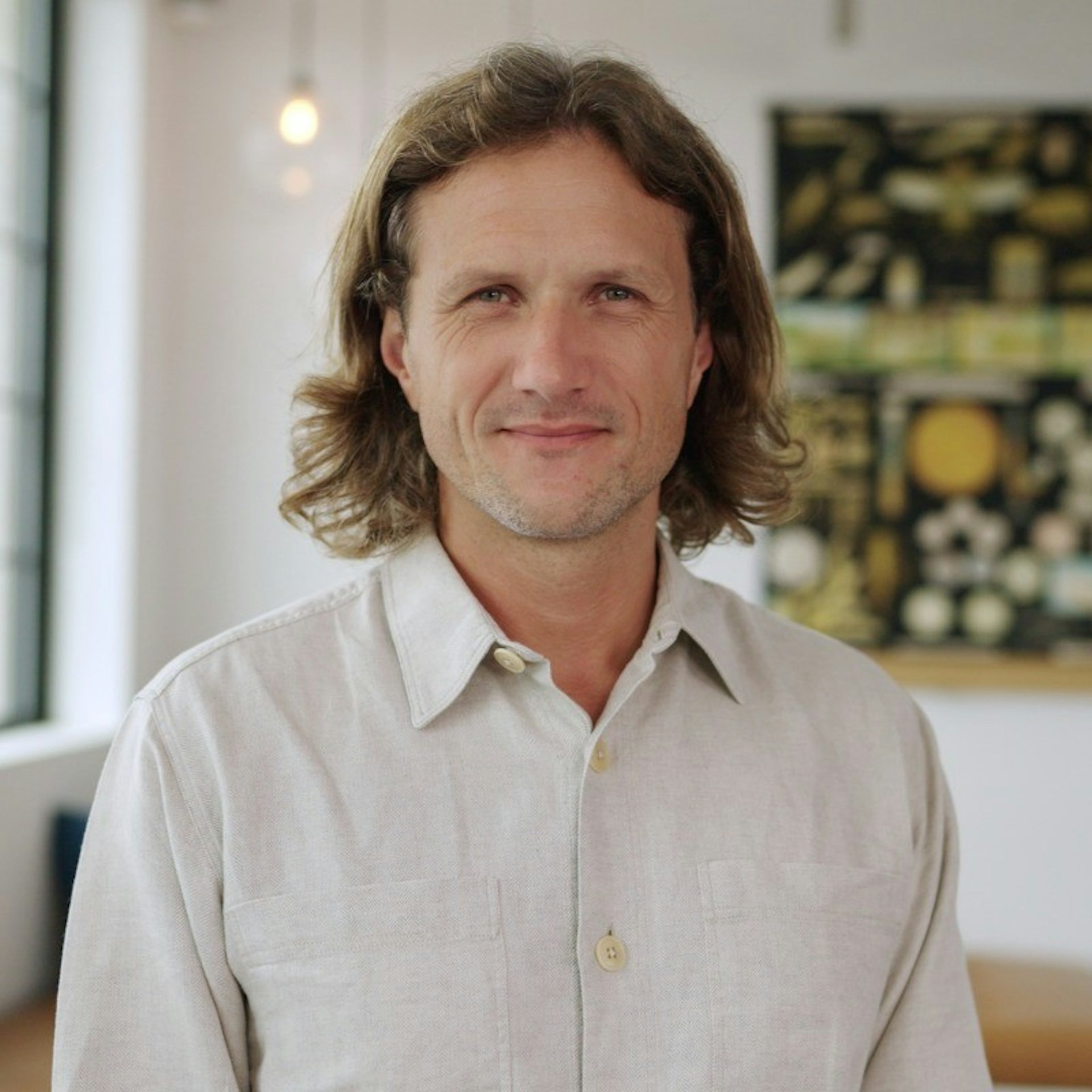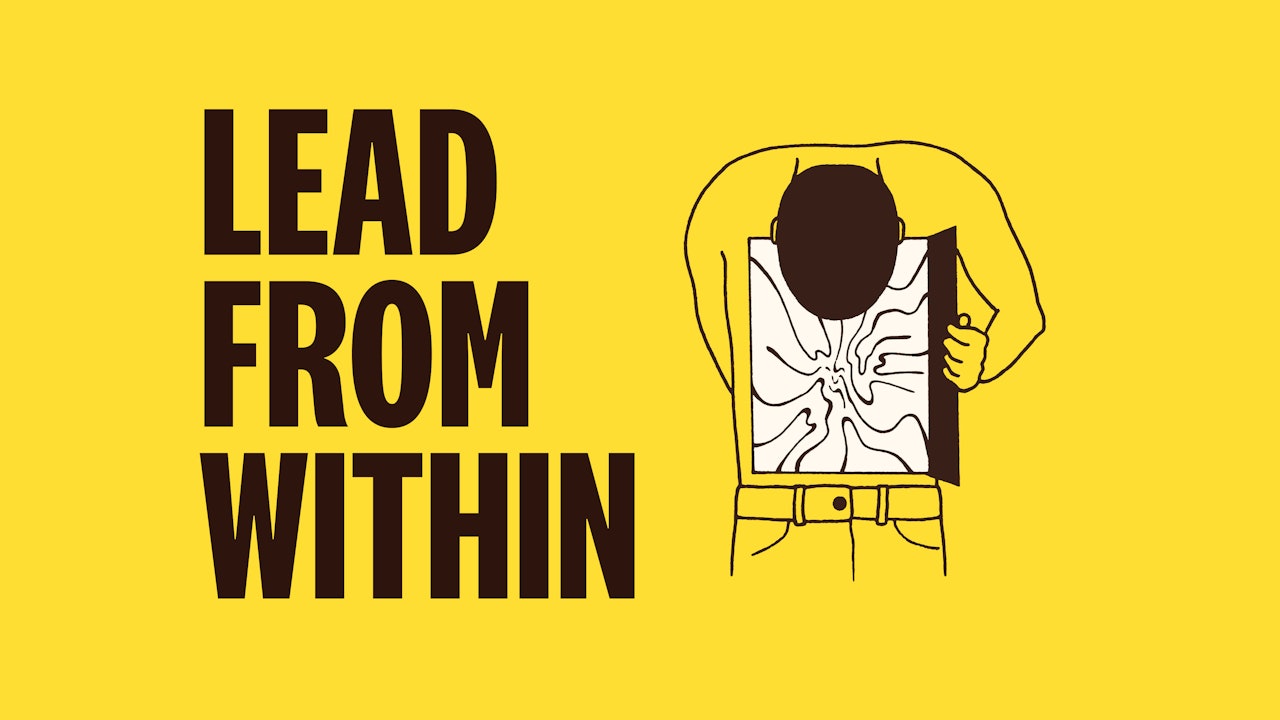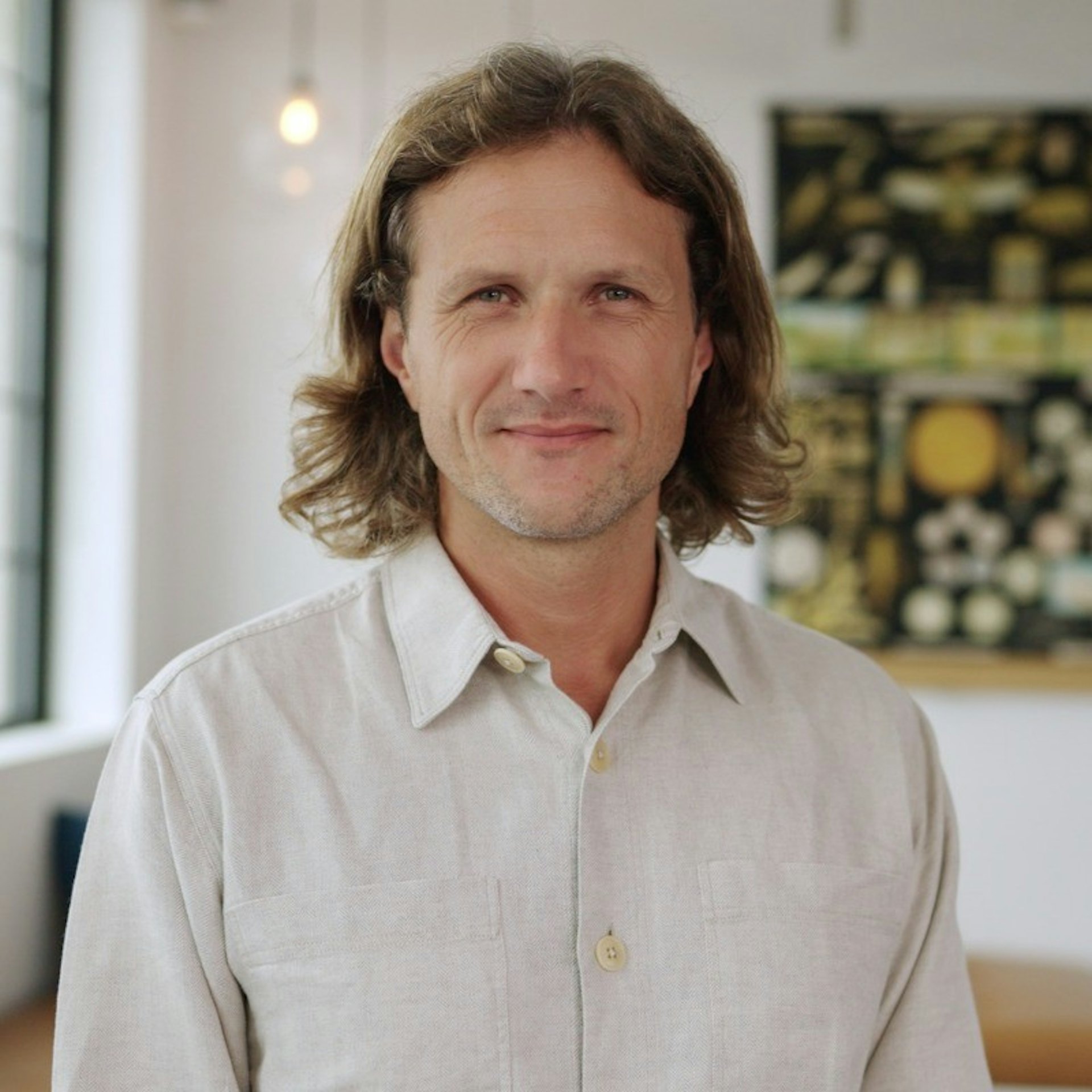Human-centered leadership: A conversation with Jacqui Welch, CHRO at The New York Times

Dr. Nick Taylor
26 March 2024

Content
- What was your childhood like?
- How did you find your way to a career in HR?
- How does your personal experience shape the way you work?
- What’s it like to work at the New York Times?
- What is the role of culture and purpose in engaging employees?
- How would you describe your leadership style?
- Looking ahead to 2030, how do you see the HR function evolving?
I was thrilled to be joined by Jacqui Welch, CHRO at The New York Times on the latest episode of the Lead From Within podcast.
Jacqui has a truly inspiring story. From finding her passion for HR while working at a nonprofit, to becoming a leader at one of the world's most recognizable brands. Our conversation spanned leading through crisis and acknowledging shared trauma post-Covid, to the practicalities of nurturing diverse and distinct cultures.
What was your childhood like?
I am the only child of immigrant parents from Panama. I grew up in a working class family, and my parents were quite young when I was born – only 23 and 25. In many ways, we grew up together. Because I was born in America, I often had to interpret things for my parents and help them understand the American experience.
Growing up, the vision for success in our culture was very narrow – you were supposed to become a lawyer, doctor, teacher or accountant. So I went to college as a pre-med student, fully intending to become a physician. But after an internship, I realized that medicine was essentially a commercial business, with financial motives to keep people sick rather than well. I had what I call a 'premature mid-life crisis' because I had no backup plan!
How did you find your way to a career in HR?
I got a job at a nonprofit helping community members find employment. The very first person I worked with I managed to help get a job with Yellow Freight Trucking Company. He came back to the office after he'd cleared his 90 day probation period, he was crying and he said to me, 'Thank you for giving me a way to provide for my family.'
I was all on fire and that feeling's never left me. I knew I wanted to build a career helping people provide for their families.
I knew I wanted to build a career helping people provide for their families.
How does your personal experience shape the way you work?
I'll give you an example. At a previous job, I came into the restroom and there was a woman at the sink washing her hands and crying. So, you know, I did the human thing, asked if she was okay, got her some tissue.
Turns out her mother had just died, and her mother lived in India. She was doing the math of, 'Ok, I can take my vacation time and some sick time,' because she's trying to work out how she can be with her family, allow for travel time and all the rest of it.
This particular employer had a three-day bereavement leave policy. Which, in some contexts, is sufficient. But it doesn't take into account that people grieve differently; that what constitutes family ranges for different people; that people might need to travel; that there are different religious traditions associated with death.
And so one of the very first questions I ask anywhere I go is, how many days of bereavement do we have? And it's always insufficient. I think 10 probably is insufficient, but it gets you closer to something that's manageable for more people. So that for me is a one-to-one correlation of my own lived experience that now informs how I think about policy.
What’s it like to work at the New York Times?
I am fond and oft to say that I have a crush on my work! It's quite something to be part of an institution as old and revered as The Times. I have colleagues who've been here long enough to tell stories about when The New York Times went to color and what an uproar that created, because 'We're the newspaper, we don't do color.' Now can you imagine a paper without color?
When I think about its evolution from the printing press era through color photography, video, and now digital formats, it's a story of incredible progression while staying true to the immutables, which is all the news that's fit to print without fear or favor.
Journalism is still the centerpiece, but the “frame” around it has become increasingly ornate and compelling in its own right with verticals like cooking, games and reviews. Those additional offerings support the central journalism mission.
What is the role of culture and purpose in engaging employees?
It's easy to feel passionate getting out of bed each morning when you work for a mission-driven organization like The Times. But I actually think we need to re-examine how we discuss and define 'culture' in the modern business world. When people ask about the culture of an organization, I say well, there is a culture. But simultaneously, there are pockets of other cultures. And sometimes that's harmonious, and sometimes it’s not.
For example, we have around 2,000 journalists. My second largest employee population, which is quite surprising to many people, is engineers. If you're a journalist, your life's ambition is to come and write for The New York Times. If you're an engineer, maybe, but probably not. So it's about having a mindfulness with respect to who joins The Times and why, and what we offer in terms of employee value proposition to those different kinds of groups.
What I do believe, however, is that anchoring people to an explicit mission and clear set of values is critical for unifying different constituencies. At The Times, our mission of seeking truth and helping people understand the world is a profound bonding agent.
When people ask about the culture of an organization, I say well, there is 'a' culture. But simultaneously, there are pockets of other cultures. And sometimes that's harmonious, and sometimes it’s not.
How would you describe your leadership style?
I'm the most reluctant leader I've ever met! I'm always a bit shocked when people look to me for answers or guidance. I think the word 'leader' has become more about titles than substance. But I've seen incredible leadership from unlikely sources.
Fundamentally, I try to be someone who connects the dots and helps others maintain perspective. I aim to be reasonable in what I ask, and I make it a point to ensure I understand how my words land with people. I'm highly outcome and impact-focused. My mantra is 'leave people and things better than you found them.' More than titles, I want to raise my children to be right-thinking, fair, principled people who leave a positive impact wherever they go.
My mantra is, 'Leave people and things better than you found them.
Looking ahead to 2030, how do you see the HR function evolving?
The HR function will undoubtedly become more strategic over the next several years. The nature of work and what constitutes a 'job' is changing rapidly due to technology, the gig economy, and people's expectations around career tenure. We have to question whether four-year degrees will continue to be a fundamental requirement, especially when technology creates entirely new roles before academia can even develop a curriculum for them.
Demographic shifts mean people are working longer, which has implications for compensation, benefits, and support structures as medical needs increase with age. The working population itself is changing, and that convergence with technological forces means HR can't just operate at the margins anymore. We have to be willing to re-examine our fundamental assumptions and practices.
Do our current processes still make sense? If not, we should stop doing them. If they do, we should enhance them. And we need to explore entirely new areas that the future of work demands. The function must become more strategic, or I'm not sure what the alternative is.
About the Author

Dr. Nick Taylor, Co-Founder & CEO at Unmind
About the Author
